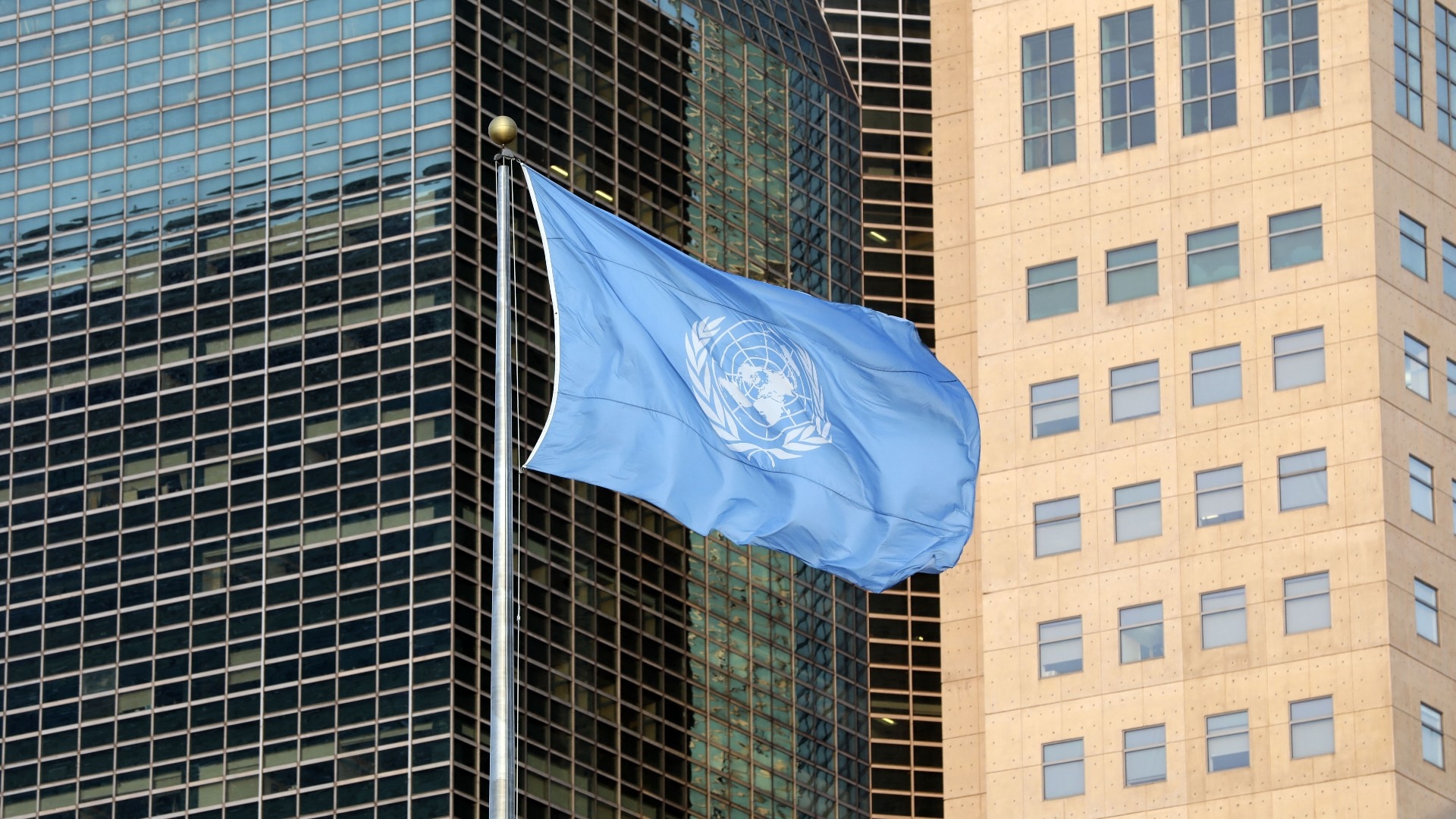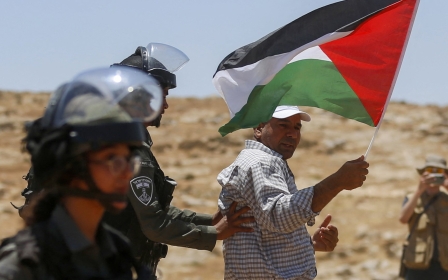UN expert's Israel comments 'deliberately taken out of context', says Pillay

The head of a UN commission probing alleged Israeli war crimes committed against Palestinians has pushed back against criticism directed at one of her colleagues who reportedly questioned Israel's inclusion in the world body.
Navi Pillay, who heads a three-person UN Human Rights Council Commission of Inquiry (COI), said recent comments made by Miloon Kothari to Mondoweiss, an independent news and analysis website, had been deliberately decontextualised.
Kothari told Mondoweiss on Monday that a lot of money was being spent on efforts to "discredit" the COI and that he was "very disheartened by social media that is controlled largely by - whether it is the Jewish lobby or specific NGOs".
Last year, the UNHRC agreed to launch the COI with a broad mandate to probe all alleged violations Israel had committed against Palestinians following its May offensive, which killed at least 260 Palestinians and 13 people in Israel.
Michelle Bachelet, the former UN high commissioner for human rights, told UNHRC at the time that deadly Israeli strikes on Gaza might have constituted war crimes, while Hamas had also violated international humanitarian law by firing rockets.
Since then, a number of international rights groups, including Human Rights Watch, have said Israeli attacks appear to have constituted war crimes.
Kothari told Mondoweiss that the COI's role was to look into humanitarian law, human rights law, and criminal law. "On all three counts, Israel is in systematic violation of all the legislation," he said.
"I would go as far as to raise the question as why are they even a member of the United Nations, because they don't respect - the Israeli government does not respect - its own obligations as a UN member state," he added.
'Taken out of context'
US, Canadian and British officials and diplomats swiftly condemned Kothari's remarks, with some accusing the UN expert of engaging in antisemitism.
"These unacceptable remarks sadly exacerbate our deep concerns about the open-ended nature and overly broad scope of the COI and the HRC's disproportionate and biased treatment of Israel," said Michele Taylor, the US ambassador to the UNHRC.
Pillay sent a letter to UNHRC President Federico Villegas on Thursday, saying Kothari's comments "seem to have been taken out of context" and that the commission "feels it necessary to clarify certain issues given the seriousness of the accusations".
"The commission does not question the status or United Nations membership of either of the concerned states of its mandate," Pillay wrote.
She maintained Kothari's remarks on efforts to discredit the COI were "deliberately misquoted to imply that 'social media' was controlled by the Jewish lobby".
Mondoweiss said Kothari “was describing intentional efforts to publish content on social media platforms attacking the commission’s work” and that he made no claims that Jewish lobbying groups control social media.
More than two million Palestinians are packed into the Gaza Strip, an area the size of the US city of Detroit. Under blockade by Israel since 2006, the area has been described as "the world's largest open-air prison".
Israel withdrew its troops from the Strip in 2005 but - citing security concerns - maintains tight control of Gaza's airspace and land and sea borders, which has reduced its economy to a state of collapse.
Israel has repeatedly refused to cooperate with the COI and has in the past loudly criticised Pillay for "championing an anti-Israel agenda".
Since rejoining the UNHRC last year, the Biden administration has repeatedly criticised the COI's work and claimed its findings "represents a one-sided, biased approach that does nothing to advance the prospects for peace".
Middle East Eye delivers independent and unrivalled coverage and analysis of the Middle East, North Africa and beyond. To learn more about republishing this content and the associated fees, please fill out this form. More about MEE can be found here.





